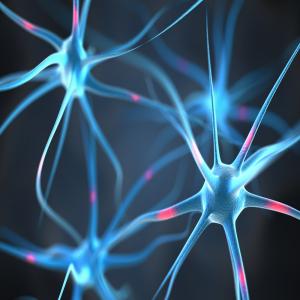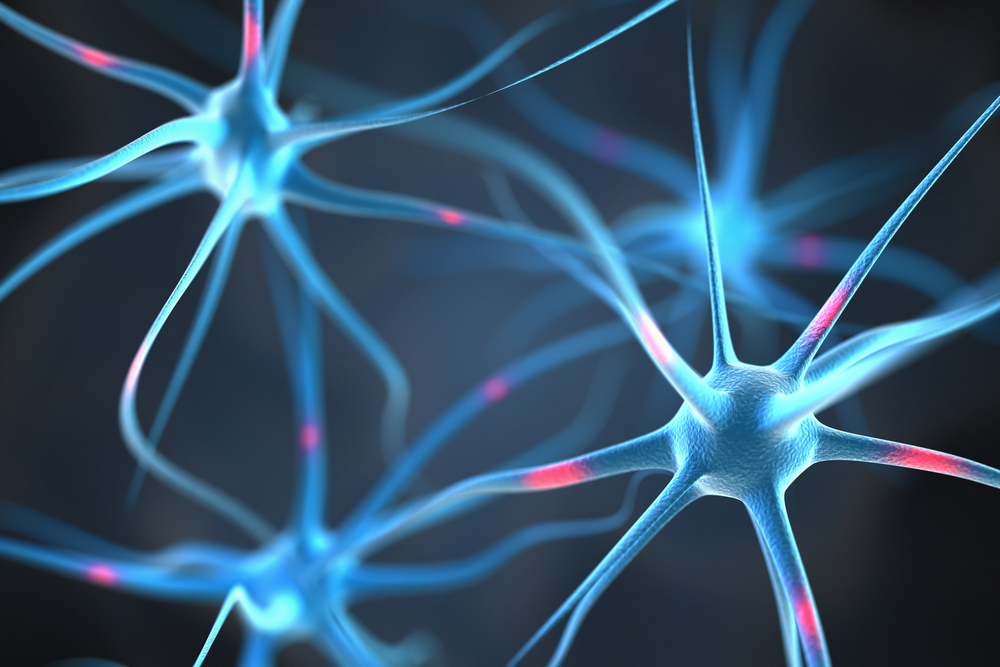Episodes

Saturday Apr 15, 2017
Developing A Pseudo Self To Survive
Saturday Apr 15, 2017
Saturday Apr 15, 2017
Episode 2: . Its difficult to discuss trauma without acknowledging is detrimental impact on consciousness and self awareness. Trauma undermines the healthy development a healthy regulated felt and safe sense of self. While scientist and neurologist still grapple to define the essence of consciousness, a simplified explanation that holds true is how we think and feel about ourselves at any given moment. In high states of stress the autonimic nerves system takes over the command of executive functioning and replaces it with lighting fast reactivity, based on immediate stimulus, often devoid of reason but gut reaction.
Studies show that CPTSD victims suffer a phenomena known as 'Dissociative amnesia', during chronic periods of stress. This autonomic function is an ingenious way of the organism to cope with the horrors it has to endure, during time of abuse, neglect or annihilation. The more frequent the abuse, the more often the dissociation occurs. over time the individual looses their narrative, the story of their self, making it very difficult to negotiate who they are in the present even decades later.
As the child develops into adult, life enhancing decisions are illusive, and its not uncommon for individuals to have never considered wanting anything for themselves. Their capacity for prioritising healthy goals (which ultimately become who we are) is completely disorganised. Decision making is severely compromised due to significant chucks of time spent on 'autopilot' or being hijacked by their autonomic nervous system, just our bodies are designed to do in the presence of overwhelming and unrelenting exposure to threats of annihilation. The biology trumps the executive functioning until such a time that crisis is everted. if crisis never ends then the executive functioning is never truly brought back online, so life becomes unworkable
.Descartes’ notion of dualism, which argues for the distinction between the mind and the body, has underpinned and subtly driven much of the confused thinking in medicine about psychiatric disorders. A substantial and still accumulating body of evidence about the extensive psychophysiological and somatic comorbidities of post-traumatic stress disorders, now challenges this notion, suggesting the need to reconceptualise PTSD as a systemic disorder rather than one confined to the mind.
We can only come to know ourselves through the eyes of caring others, through attunement/attachment, mirroring and mentalizing with our sound minded, and secure primary care givers. We believe who we are, from what is reflected back to us by others, who care for us. (Especially in the very early stages of infant development, as parents are the infants lifeline). Children need to know others have them in mind, even when their careers are not present, this is an impossibility if the child can only trust themselves for their own welfare. With a habitual preoccupation about safety and threat reduction, there is little time in reserve for even considering the formation of beliefs, values, let alone discern what values and beliefs would be important to them.
The somatic pathologies of CPTSD range from metabolic syndrome and related cardiovascular conditions to autoimmune diseases, including rheumatoid arthritis. Traumatic childhoods, or ACE’s (Adverse Childhood Experiences) have devastating consequences on how one grows to feel about oneself, and these negative consequences last long after the abuse or abandonment has ended, haunting the adult for decades until such a time that this rupture can be repaired.Essentially trauma causes interpersonal conflicts so deep & disruptive to the child’s sense of safety, that a child’s true self never emerges, and they can never rest even when they are perceived to at rest, in fact CPTSD has been associated with a range of quantifiable abnormalities, including inflammatory cascades, altered psychophysiological reactivity and neuroendocrine function, and even shortened telomere lengths. It is only by effectively collating such evidence that we will realise that Descartes’ views on dualism are completely outmoded.
Creativity, imagination, hope, and desire, are severely under developed and substituted by hyper-vigilance, numbness and cognitive dissonance. Individuals can only really function in life by responding to external stimulus. Intrinsic motivation for self determination, was exiled long ago, as thinking aboutoneslef from the inside, often exacerbated trauma by enraging their narcissistic abuser. Their individuality and desire to have needs met, would often compromise their ability to survive physiologically.
After years of this modus operandi, Individuals feel lifeless, numb trapped in a body devoid of meaning purpose and social interconnectedness. The recovery process is no longer about simply changing ones thinking, although CBT plays a part, it must be understood that the individuals whole constitution, has been reorganised. The autonomic functions have taken hold and provide much conflicting information as perceptual congestion. the individual is essentially now at war with the different parts of themselves. This biological functioning is at war with cognitive reasoning, in much the same way as an autoimmune disease works. what was helpful is not threatening ones own survival by impeding control of executive functioning. The process of recovery is therefore a matter of reconnecting the individual with their authentic and intrinsic self, restoration of fragmented memories to give contact to the present, analysing cognitive distorted perceptions, while at the same time wrestling with autonomic disregulation that results in flashbacks, insomnia, and paralysis.


Comments (2)
To leave or reply to comments, please download free Podbean or
thank you
Sunday Jan 03, 2021
such great information. thank you!
Thursday Oct 01, 2020
To leave or reply to comments,
please download free Podbean App.